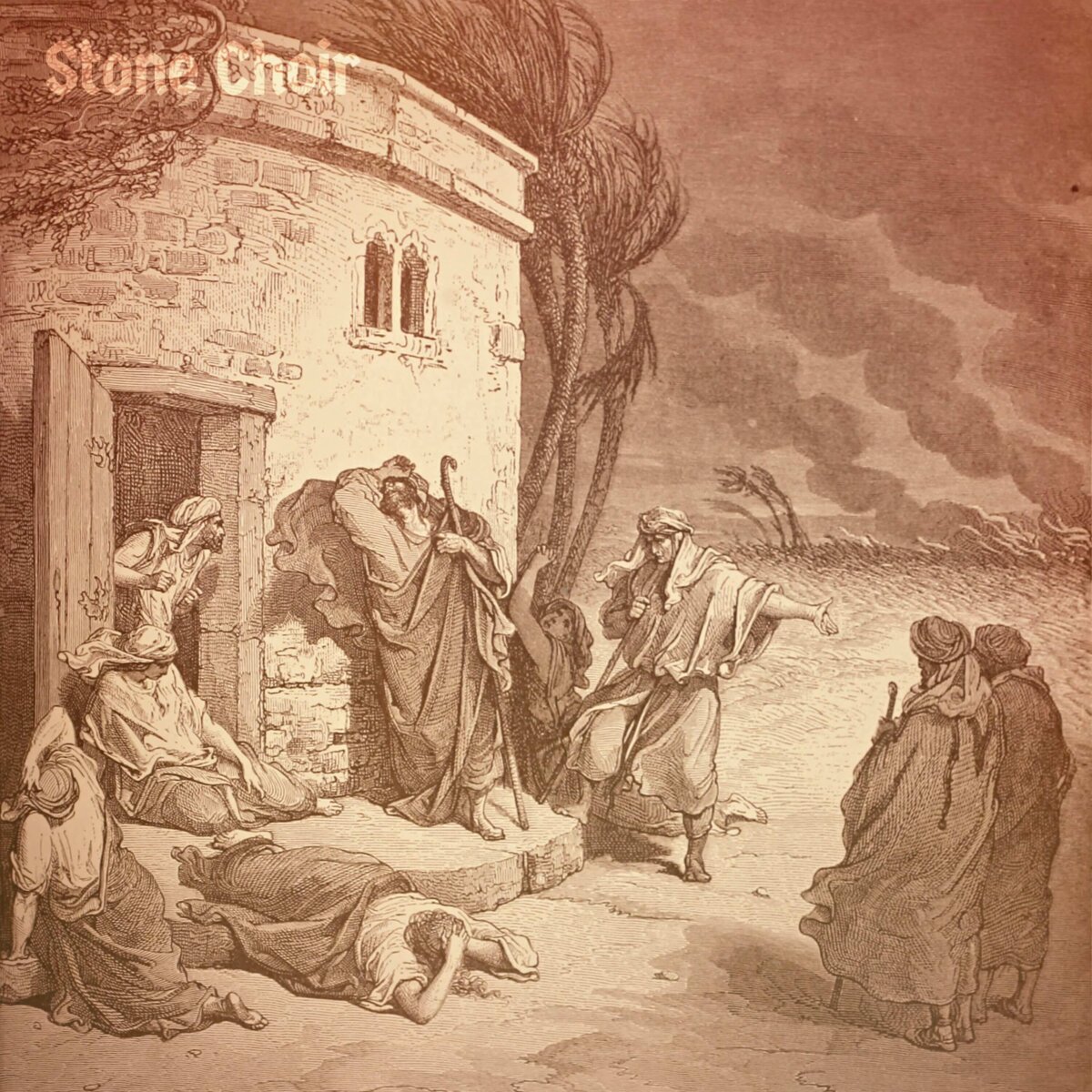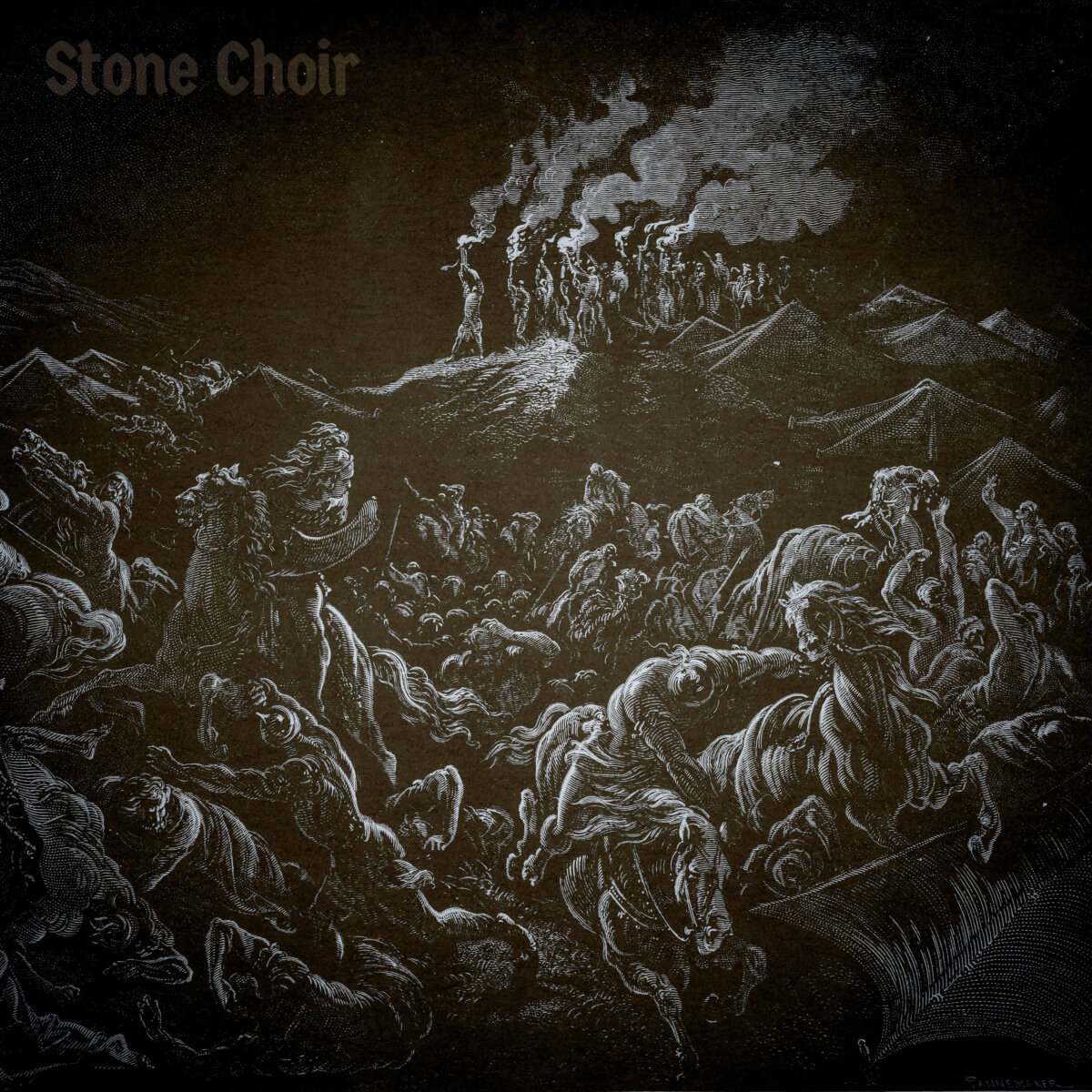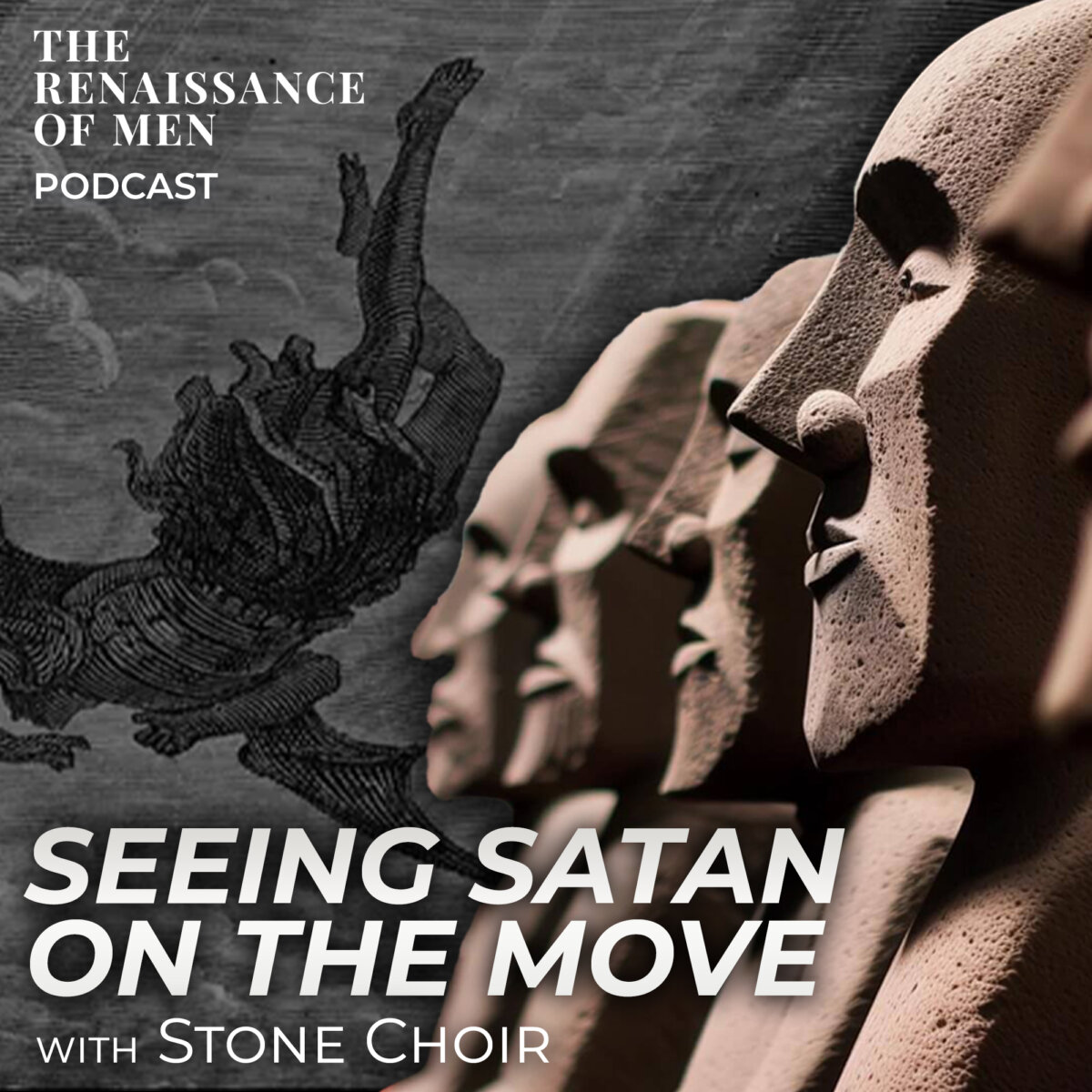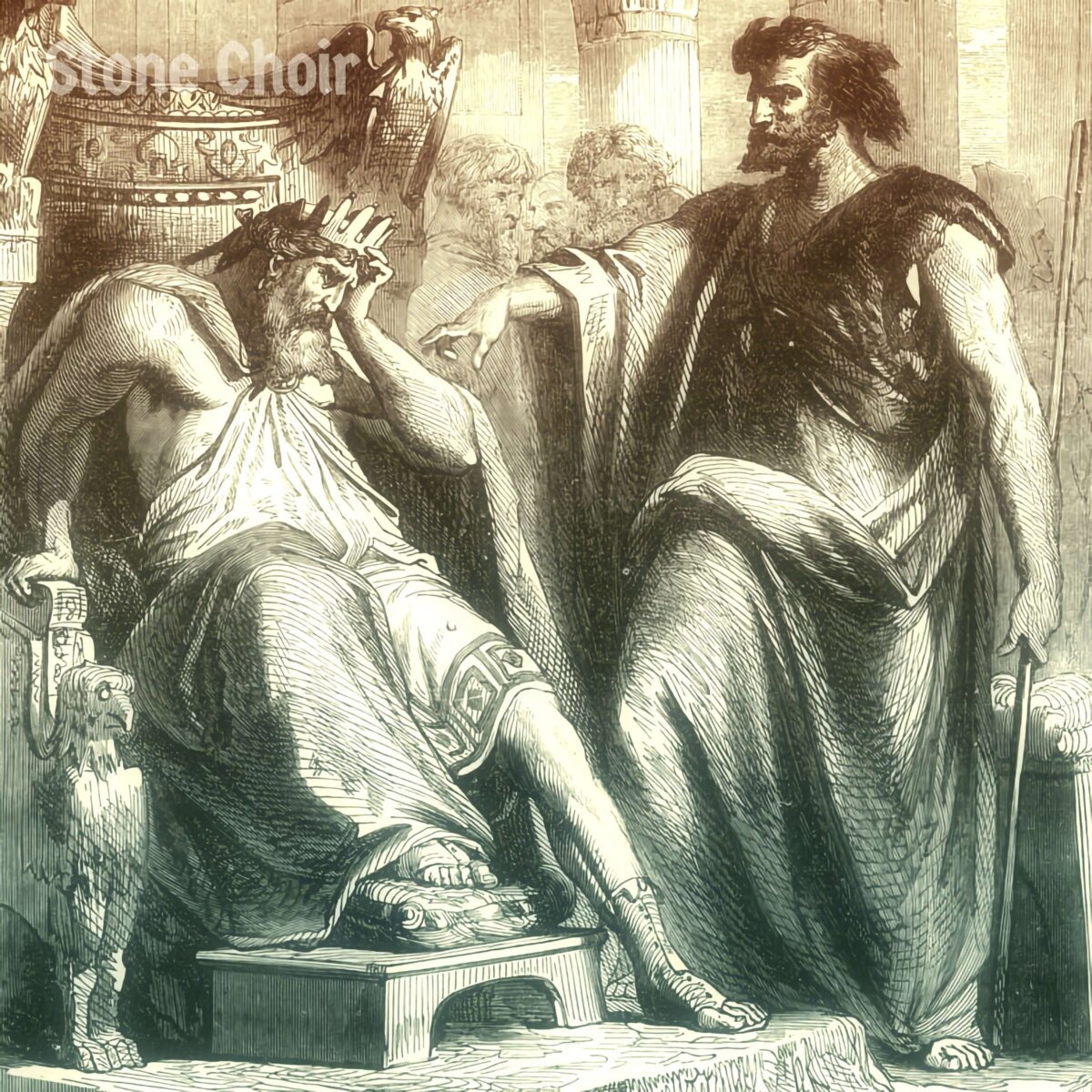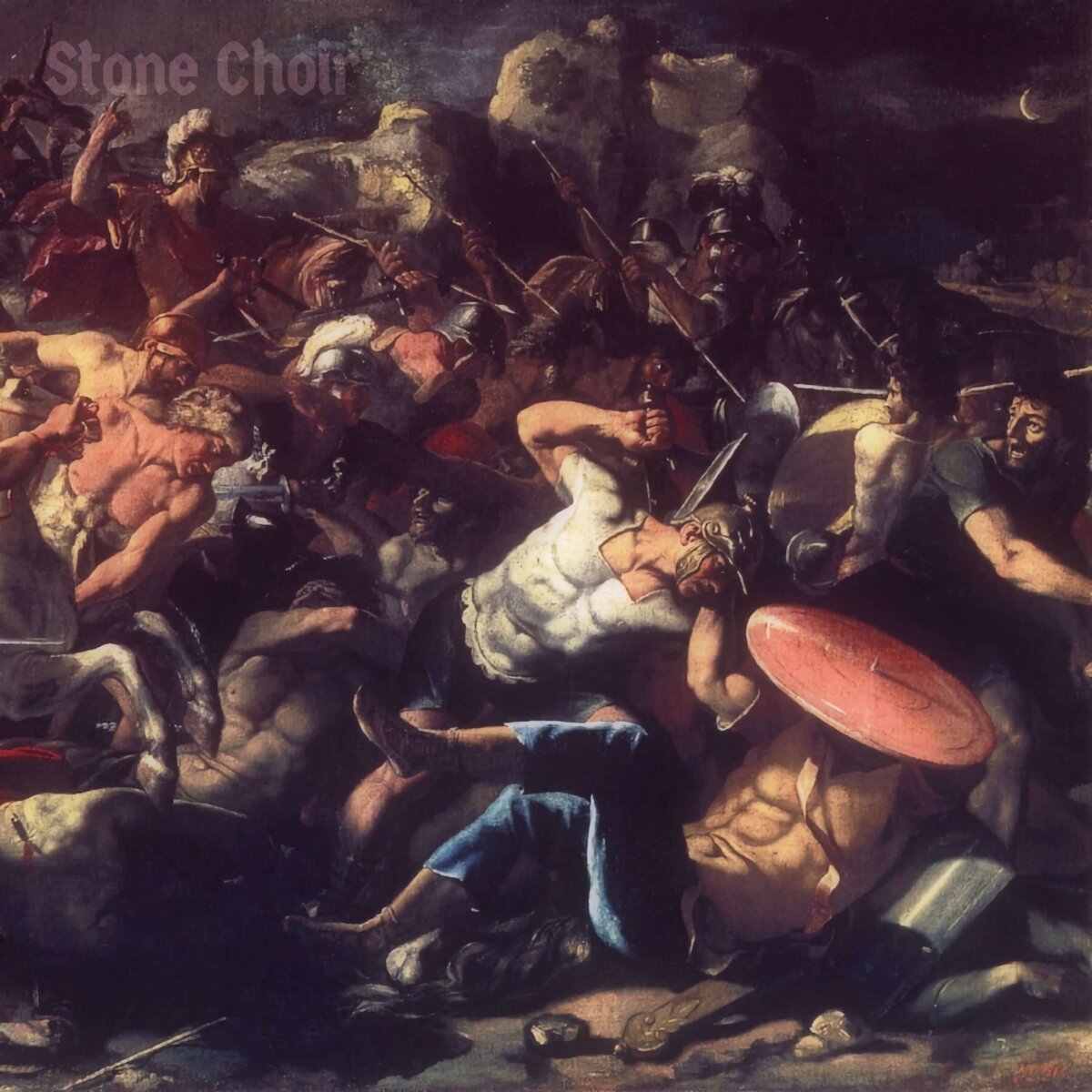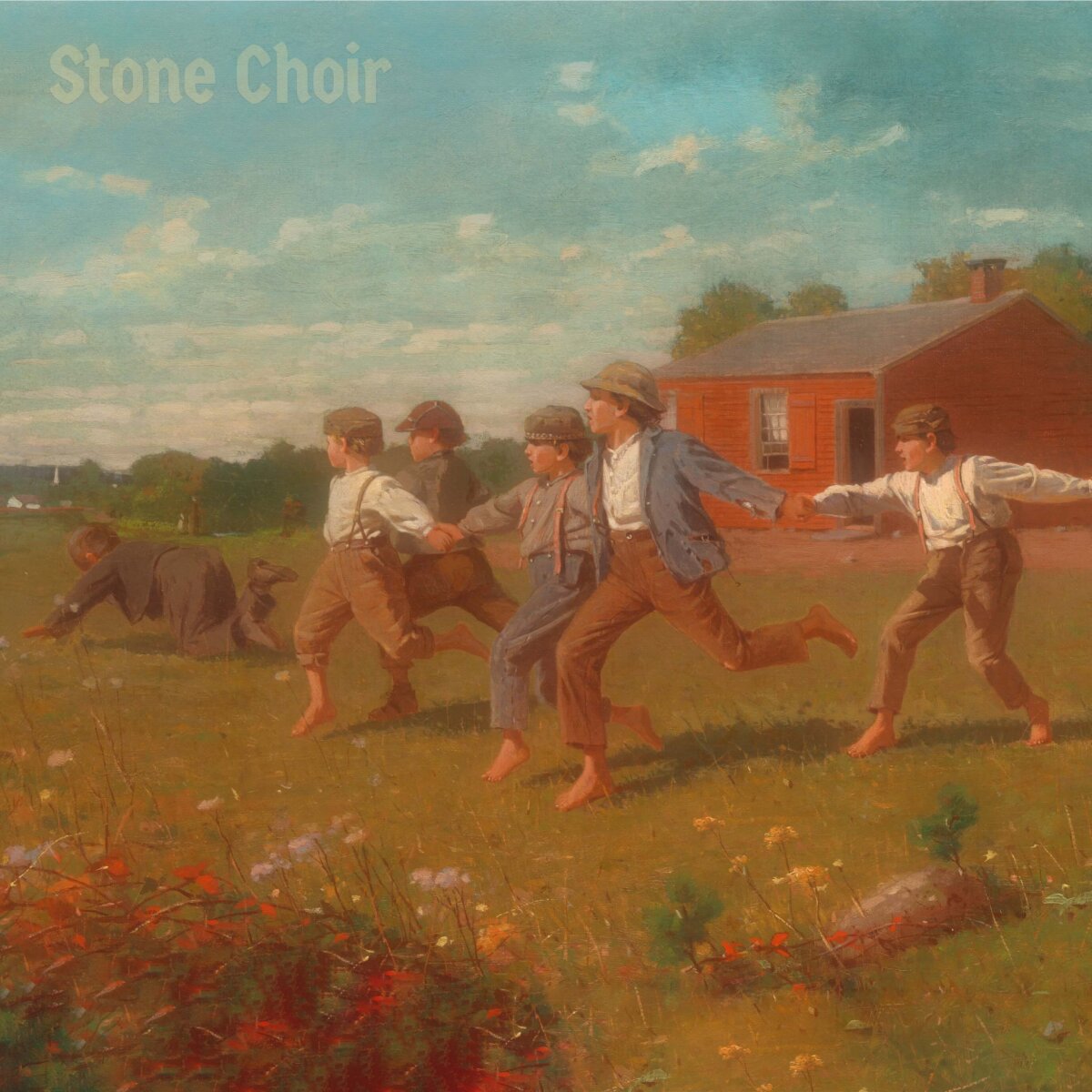Supernatural Intervention
Podcast: Play in new window | Download (Duration: 2:14:32 — 261.5MB) | Embed
Subscribe: Apple Podcasts | Spotify | Amazon Music | Youtube Music | More
Hosts

Corey J. Mahler

Deism posits that God created the world, and then walked away — a sort of clockmaker with the Universe being His clock. To the contrary, Christianity advances a view of God as active in His Creation. Certainly, every single thing that happens in the Universe happens with God’s knowledge of it and permission for it, but, beyond that, God also actively intervenes in time — both to help and to harm.
The Book of Job is, perhaps, one of the clearest narratives of Divine (and infernal) intervention, but God acts in Creation from the beginning of Scripture to the very end. God is, however, not the only supernatural being who intervenes (or interferes, in the infernal case) in the affairs of men; Satan and his demons also exert their influence upon reality. If we cease to believe in the supernatural — and not just as some abstraction or intellectual conceit, but rather as something very real and significant —, then we fall below the level of Christian belief and veer instead into something akin to the Sadducees, who denied both the resurrection of the dead and the existence of the supernatural.
Part of the Christian life is recognizing the reality that we live in the midst of spiritual warfare, with a conflict that rages all about us, even if we cannot physically see it. But beyond this, when we minimize (or ignore) the intervention of God in His Creation, we cease to recognize God’s providence. Every good and every perfect gift comes from God, and we should give thanks for all that God gives us, from the smallest of gifts up to the greatest. And we should even rejoice in times of adversity, for God has promised that He works all things together for the good of those who believe.
Show Notes
See Also
Further Reading
Parental Warnings
None.
Current Sponsor(s)
Coming soon?
Support the Podcast
Comments?
Join the discussion on Telegram, visit the feedback form or comment below.
